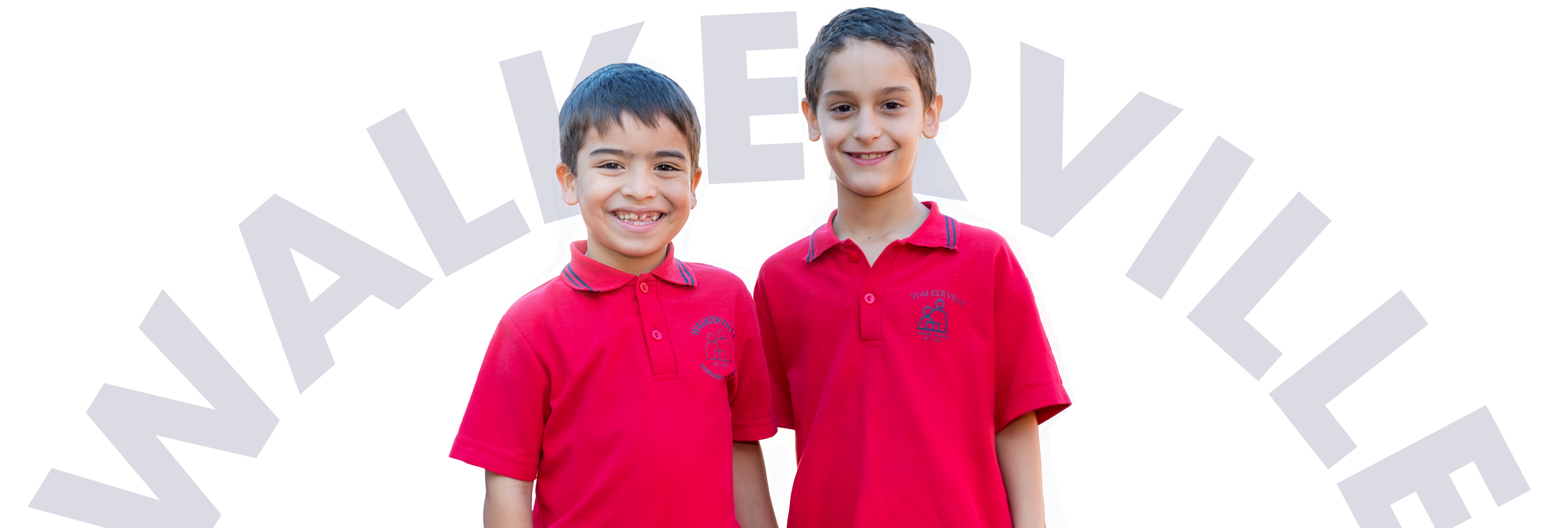COMPOSITE CLASSES

This information is intended to provide clarity around the inclusion of composite classes in our profile across all year levels at Walkerville Primary School.
We acknowledge that having your child enrolled in a composite class may raise some questions and we would like to reassure you that your child will be provided with every opportunity to grow, learn and flourish in any classroom they are in.
Questions raised in the past about composite classes include;
- Will my child be able to keep up pace with work, will they be overlooked or sufficiently challenged?
- Will the curriculum for each year level will be adequately covered?
- Will they make meaningful friendships?
This information looks to address, inform and clarify so that you and your child feel confident and positive about the year ahead.
What do we know about composite classes?
- Composite classes are a practical response to the problem of uneven year level enrolments; for example, when there are too many students to form one “straight” year level but not enough to form two. Combining students in this way is often a great way to ensure more consistent class sizes and maximise school and teacher resources.
- A composite class does not comprise of advanced younger students and older students needing remediation. These practices are outdated, not supported by the research and can have a negative impact on student engagement and academic achievement.
- Composite classes are very common across all Australian schools. Research favours no particular year level structure is superior, and that composite classes are not detrimental to a child’s social or academic development.
- Research suggests there is no discernible difference between composite and straight year level classrooms in terms of academic performance. However, benefits relating to student independence, responsibility and study habits have been highlighted. For example, younger children within a composite year level generally aspire to emulate older children in their work, and older children can lift their self-esteem, show leadership and demonstrate high level understandings and complex thinking skills to model and explain their learning.
- The Australian Curriculum is a continuum across all year levels and as such this allows for stretch, flexibility and support as it recognises that all children learn at different rates and have different strengths and areas to improve.
What is the schools position?
- The school acknowledges that composite classes are a practical reality that successfully enables curriculum delivery and wellbeing support for every child.
- Every class is filled with students with different learning needs, rates of learning, interests and strengths in terms of their progress and achievement, depending on what they are learning.
- Where possible teachers will explore opportunities for same year level group activities to help maintain existing friendships throughout the year. We acknowledge that many existing friendships naturally strengthen and flourish during free play at break times each day.
- Our teachers are highly skilled and experienced in catering for students with varying academic and social skills. The quality of teaching, combined with student interest and engagement, are considered more important than class structure, whatever form it may take.
- Where necessary, resourcing will be provided in a composite class to support explicit teaching programs within a year level, for example InitiaLit. The class teacher will deliver the program for all students, with the support of an SSO or additional teacher.
- In a composite class excursions and camps may differ to best suit the needs of the collective group of year 5 and 6 students. Excursions and camps are designed to build cohesive relationships and shared experiences within a class.
- We have confidence in and respect the comprehensive work our teachers and leaders have done to place children into classes for next year to enable a sense of belonging where individual needs can be catered for.
- It is likely that your child is placed in a composite class at some stage(s) in their primary years of schooling.
If classroom issues are raised we work with families, teachers and the Department as required to resource for and provide support to ensure children’s needs are met. This additional work means that we do not change children out of a class once the placement process is finalised.
How do teachers cater for a range of abilities and year levels?
Teachers are trained in differentiating the curriculum to meet the varying abilities of their students. They have a very clear understanding of the curriculum requirements and expectations for each year level. Effective assessments of student learning ensure they know student’s needs, strengths and future learning points. Here are some strategies that teachers use:
- Planning open-ended tasks that cater for a range of different abilities and allow learning to be demonstrated in different ways
- Planning tasks that allow for different entry points and provide opportunities for extension and problem solving
- Providing targeted small group and individual instruction based on learning needs and specific teaching points
- Setting individual goals, challenges and projects which encourage children to demonstrate independence and responsibility in their learning
- At times students will separate into year level groups for instruction; this may include linking with another class or working in smaller groups within the classroom.
What can parents do to support their child?
- Your attitude and conversations at home will shape your child’s optimism towards their new class and the excitement of a new school year. Keeping your language, comments and conversations positive will ensure your child will be excited and happy about school and their learning.
- Other than the involvement and support of a parent(s), the classroom teacher is, and always will be, the greatest single factor in a child’s progress at school. Parents are encouraged to keep in contact with their child’s teacher so that a strong partnership between home and school is fostered.
- Give yourself permission to take some time at the start of the school year to better understand what the new class can offer. Our experience shows that, overwhelmingly, parents with concerns at the start of a school year grow to have a more positive and supportive attitude towards composite classes as the year progresses.
- Be mindful that a composite class provides no bigger or more complex challenges for a child who is learning about themselves and the world around them.
Click this useful link for more information from the ‘Kidspot’ website.
Contact
Open 8.00am - 4.30pm
Telephone 08 8344 3649
dl.0457.info@schools.sa.edu.au
CRICOS Provider Number: 00018A









